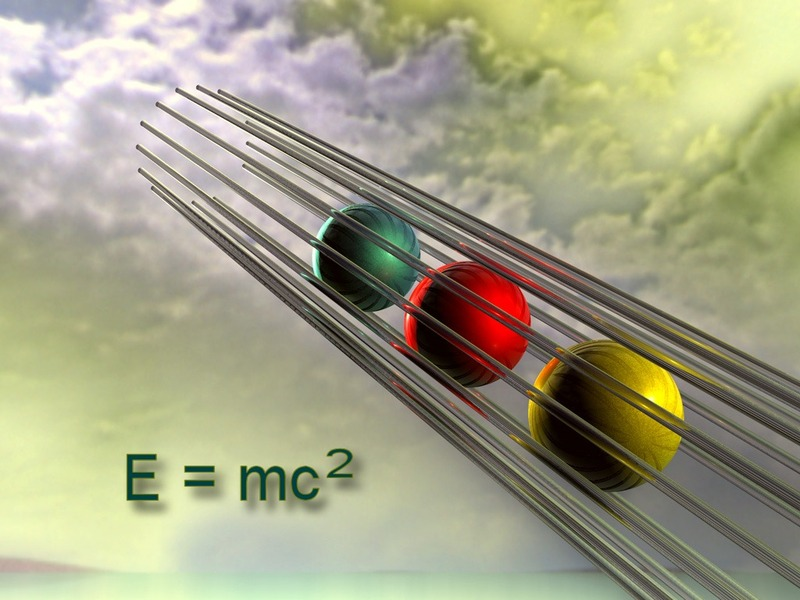 “Another physics teacher told me that students cannot hack the math in physics,” says Stewart Brekke in his article entitled, “Urgent Math Crisis in our Nation: Basic Math Deficits Affect Student Performance in High School Physics and Chemistry“. Is this an unusual observation for a Physics teacher? Brekke estimates that the USA “may now have over 100,000 high-school students who do not know fractions and decimals well enough to do high-school physics and chemistry successfully, let alone go on to college and pass a physics or chemistry course.”
“Another physics teacher told me that students cannot hack the math in physics,” says Stewart Brekke in his article entitled, “Urgent Math Crisis in our Nation: Basic Math Deficits Affect Student Performance in High School Physics and Chemistry“. Is this an unusual observation for a Physics teacher? Brekke estimates that the USA “may now have over 100,000 high-school students who do not know fractions and decimals well enough to do high-school physics and chemistry successfully, let alone go on to college and pass a physics or chemistry course.”
There is clearly a problem on our hands – many teens cannot do basic mathematics. Where do we find the source of this problem?
Stewart Brekke speculates that part of the problem may be attributed to the elementary schools placing too much emphasis on reading skills and not nearly enough on basic arithmetic skills. Japanese elementary school students typically spend two to three times as much time on developing mathematical skills as their American counterparts. The result of this shift in priorities is evident. Stewart also believes that the “lack of a proper foundation at home” is also a significant contributor to the poor arithmetic skills observed in high school students. Sadly, many children enter first grade without being able to count to ten, and their progress in arithmetic skill development is severely hampered.
“It is not that parents do not care, for, on the whole, I have seen them show deep concern about their children’s education, but that many of these parents do not take the time to teach their children number facts nor reading skills. These parents must be informed early that their child’s success in school means that they must start educating their children before they enter kindergarten,” says Brekke.
Education systems all over the world invest vast sums of money into remediation of high school students struggling with poor basic skills. Yet high school Physics and Chemistry classes continue to shrink in size as teenagers avoid confronting the issues that stand in their way of understanding these subjects. Are we trying to solve a problem instead of preventing it? What would happen if more of the national or state education investment was used for programs aimed at educating the PARENTS of pre-school children, thus effectively equipping them to help their children develop the basic skills needed for future success at school?
Can parents make a difference at home? All indications are that if parents do not participate in the education process BEFORE their child enters the school system, they may in fact be contributing to their child’s future scholastic failure.

